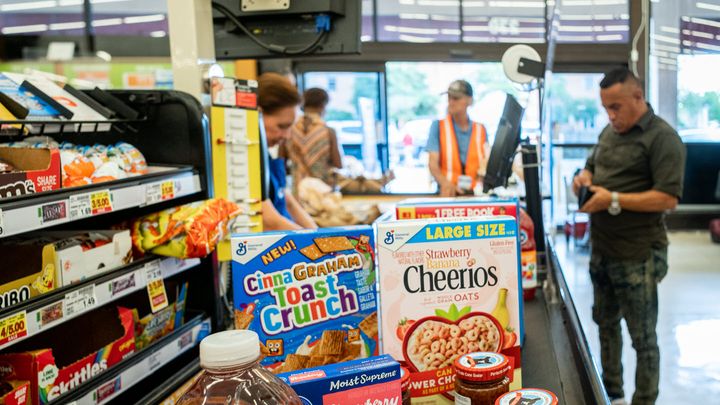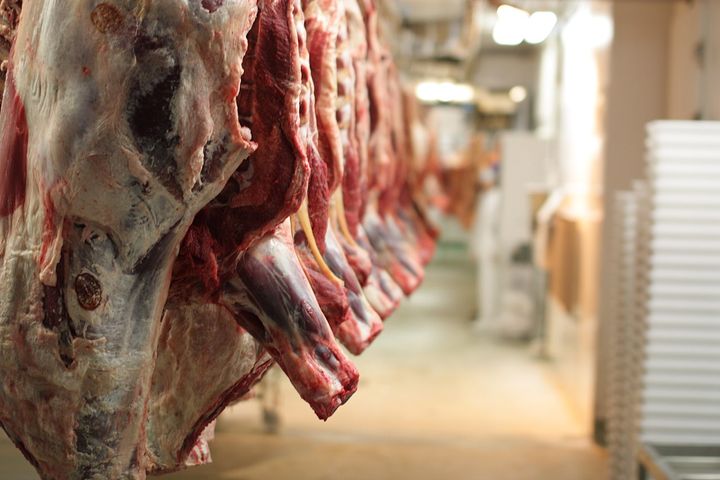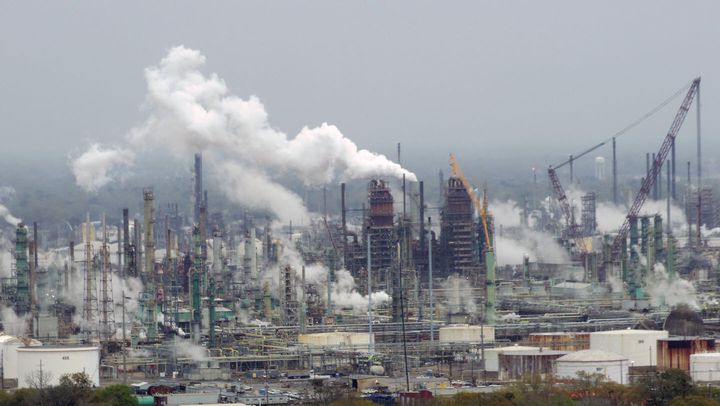A dozen U.S. senators, including the top recipients of donations from the sugar industry, recently wrote to Agriculture Secretary Tom Vilsack to urge him not to make changes to the federal government’s system of support for sugar prices, even as the price of food is increasing at rates not seen since the 1970s.
“It is imperative that USDA not make changes that would create a glut in the U.S. market and collapse prices below grower costs of production,” the letter, led by Sen. John Hoeven (R-N.D.), states.
Hoeven sent the letter just days after his legislative correspondent attended a sugar industry lobbying retreat in Fargo, North Dakota called “Sugar 101: The Industry A-Z.”
The letter is likely to be a response to a letter that Jeanne Shaheen (D-N.H.) sent to Vilsack late last month. Shaheen’s letter urges Vilsack to take action “to improve domestic supplies of sugar and help bring down the cost of food and beverage products for American consumers.” Specifically, Shaheen is calling on Vilsack to increase transparency around its policies for adjusting sugar quotas and to establish new policies around what constitutes “reasonable prices,” among other things.
For decades, the U.S. government has guaranteed a minimum price for U.S. sugar producers through a combination of nonrecourse price support loans that allow farmers to repay the government in sugar, import quotas, and direct purchases of crops, which it sells to ethanol manufacturers. The program is designed so there is no net cost to government, but the higher sugar prices it supports lead to more expensive processed foods, so consumers end up footing the bill. According to economist and American Enterprise Institute contributor Michael Wohlgenant, the policies cost consumers about $2.4 billion per year.



